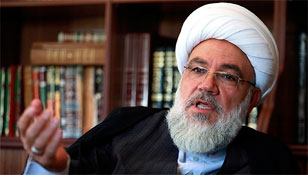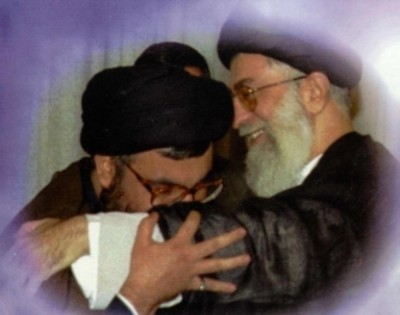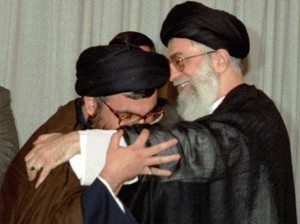Former Hezbollah chief, Subhi Al-Tufayli, held the current leadership of the militia organization responsible for the destruction of Lebanon, stressing that Hassan Nasrallah – who heads the Iranian-backed militant group – must be tried, along with his supporter, the Supreme Leader of Iran Ali Khamenei.

Tufayli, the first Secretary-General of Hezbollah from 1983 until 1984, said that above the Lebanese government, Prime Minister Hassan Diab, was the leadership of Hezbollah and therefore the group’s leadership is the root of the problem. Tufayli said it was the leadership that must be held responsible.
The Lebanese group Hezbollah – listed as a terrorist group by the US, UK, EU and Gulf states, including Saudi Arabia – is an Iranian proxy Shia militia. It was established by Iran’s Islamic Revolutionary Guard Corps (IRGC) in Lebanon in 1982 and remains dependent on Iranian finance and support.

The former Hezbollah leader said it was Hezbollah’s Iranian-supplied weapons that destroyed Lebanon and other countries in the region.
“These weapons destroyed Syria. These weapons destroyed Iraq. These weapons destroyed Yemen. These weapons destroyed Lebanon. These weapons exploded Beirut,” he said.
Tufayli comments came as Lebanon’s government resigned on Monday less than a week after a massive blast ripped through Beirut.
The explosion, thought to have been caused by 2,750 tons of ammonium nitrate held in a warehouse in the Port of Beirut, killed at least 160, injured thousands and displaced over 300,000 people in the capital.
Diab, who took office last December, was already under pressure for the lack of progress in resolving the country’s dire financial and economic situation.
ARAB NEWS


Leave a Reply
You must be logged in to post a comment.